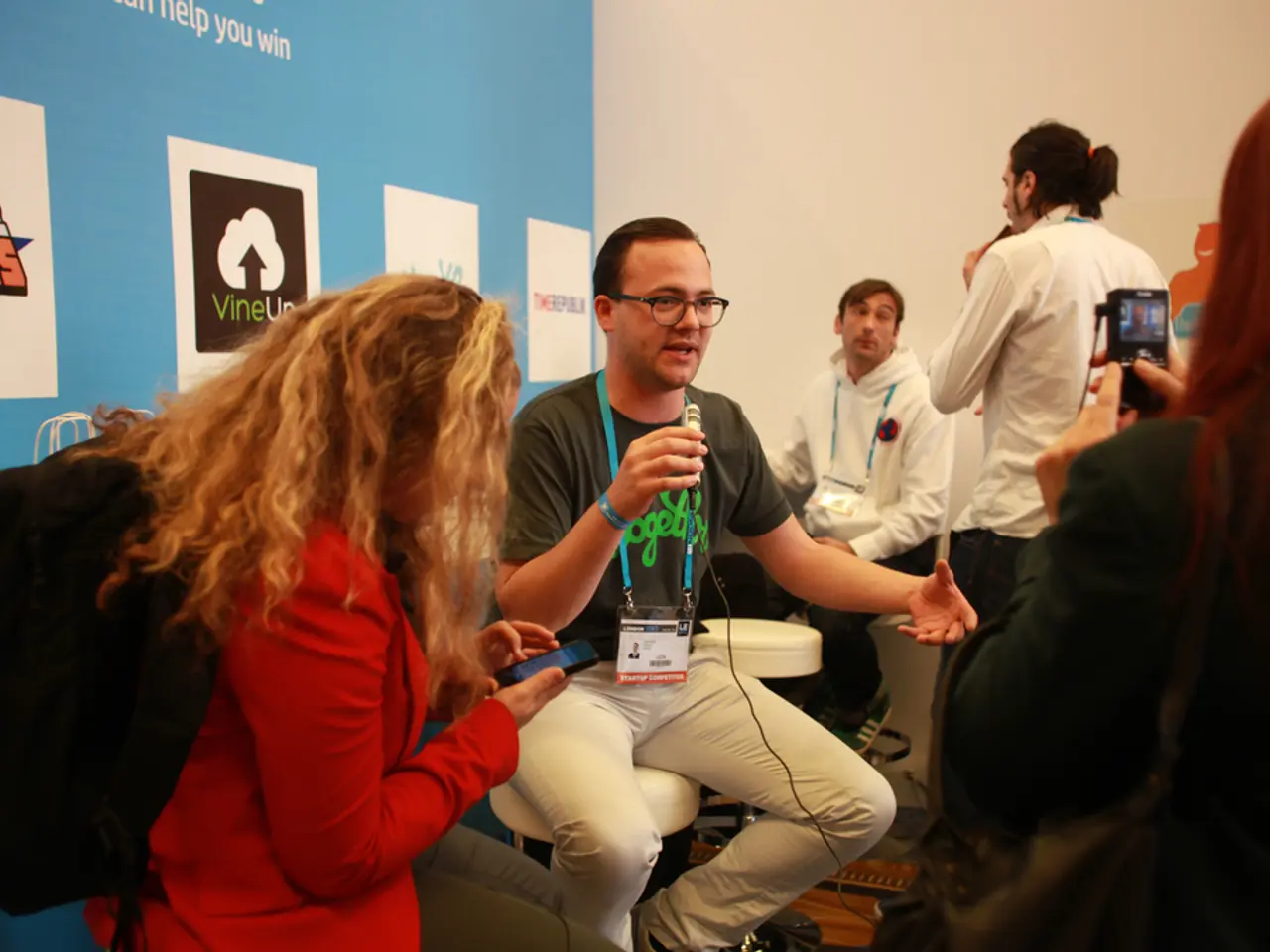Stealthy Data Drainer: Secretively Consuming Your Mobile Data Packages in the Background with Hola VPN
In the digital age, Virtual Private Networks (VPNs) have become a popular tool for internet users worldwide, including those in Zimbabwe. However, the use of free VPN services, such as Hola VPN, can raise several privacy and data usage concerns.
Hola VPN is part of a global commercial network that other people pay to access. Unlike many other VPNs, Hola VPN is free, offering users the ability to access content that is only available in other regions, such as US Netflix. However, Hola VPN operates as a peer-to-peer network, using the internet connections of its users. This means that users' computers can be used as exit nodes for other users' traffic, which can raise legal and security concerns.
One of the most significant concerns with Hola VPN is how it handles data. Although Hola VPN does not directly sell user data, it allows access to its user's IP addresses through a separate company called Bright Data. Bright Data sells access to its network of real people, including Hola users, to paying clients such as ad tech companies, market researchers, and Google scrapers.
To address these concerns, users should consider the following:
1. **Choose a VPN with a strong no-logging policy**. Services like TunnelBear, which emphasizes privacy and security audits, are a good choice. 2. **Ensure the VPN uses strong encryption** to protect data. 3. **Be aware of the VPN's jurisdiction** and related legal requirements. 4. **Regularly review and update privacy settings** to maintain optimal security.
In Zimbabwe, many users do not have the luxury to pay for VPN services. However, given that Hola VPN could be quietly draining capped data bundles without user knowledge, users should be cautious about the potential data drain. Moreover, since many Zimbabweans are on capped packages, even when they are on fiber, the use of Hola VPN may not be advisable due to limited data availability.
Hola VPN does not require an account sign-up, only a browser extension is needed. However, it forces a 30-minute break after 30 minutes of usage, unless paid. Many Zimbabweans let Hola use their IPs and internet in exchange for access, despite privacy concerns and potential data drain.
In conclusion, while Hola VPN can help users access content from other regions and keep their Internet Service Provider or government from seeing their online activities, users should be aware of the potential privacy and data usage concerns associated with its peer-to-peer network structure and data handling practices. It is essential to make informed decisions about VPN choices, considering the guidelines provided above, particularly in contexts such as Zimbabwe.
Crossing the boundaries of finance and lifestyle, many Zimbabwean internet users might find Hola VPN appealing due to its ability to access region-restricted content at no cost. Yet, given the concerns surrounding Hola VPN's data handling practices and potential impact on limited data bundles, it is crucial for these users to exercise caution and consider alternatives with reliable privacy and security features, such as those offered by VPN services that prioritize no-logging policies and strong encryption.




